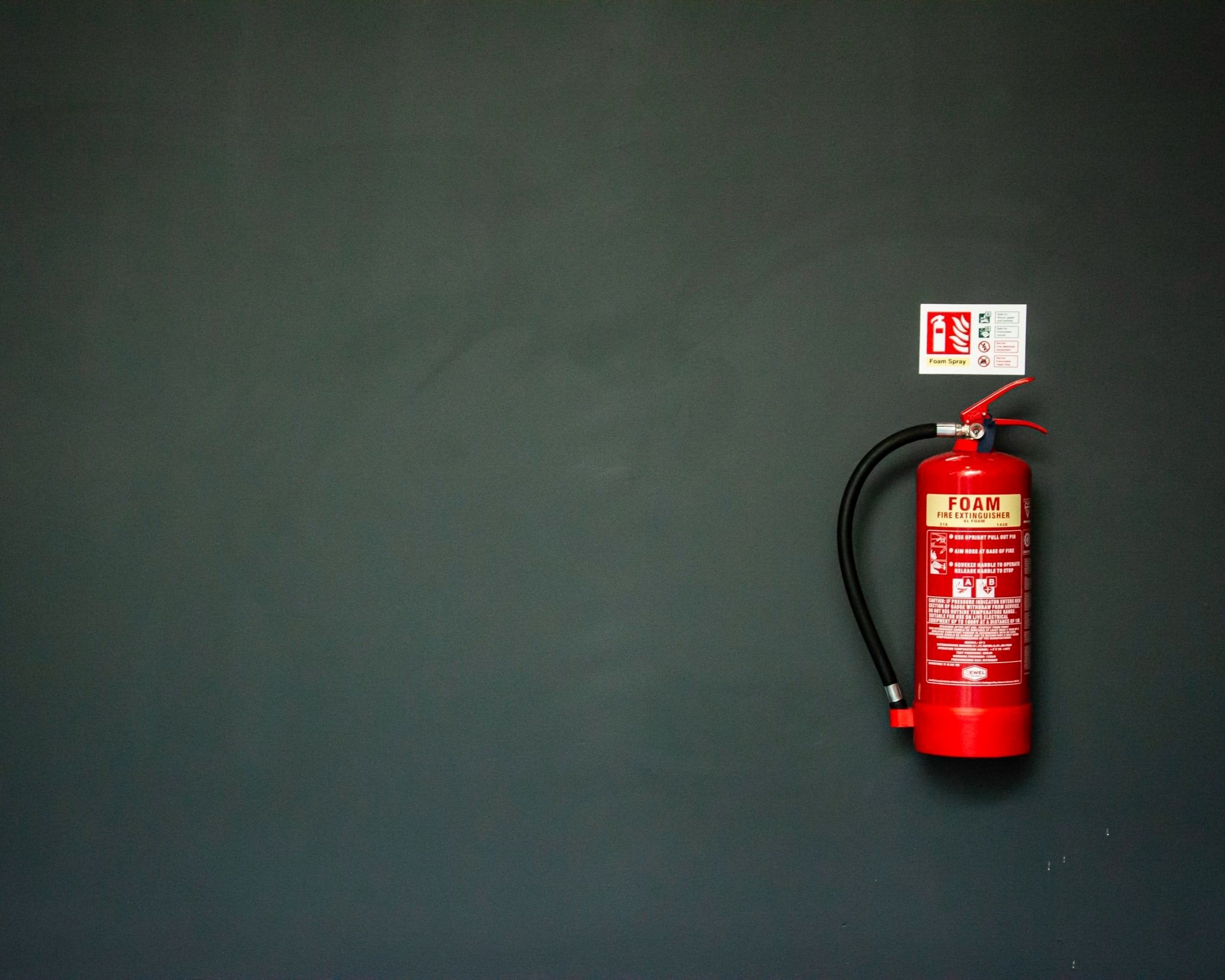#TravelTalk: Understanding the 6 Elements of Negligence to Protect Yourself

Traveling to new destinations is thrilling, with opportunities to embrace diverse cultures and landscapes. Yet, safety must remain paramount, particularly regarding potential risks. Knowing the basics of negligence is critical to safeguarding oneself. This piece explores the six elements of negligence and how travelers can apply this knowledge. By prioritizing awareness and safety, adventurers can ensure memorable journeys while minimizing risks, whether exploring distant lands or the vibrant streets of Fort Worth.
Duty of Care
The foundational element of negligence is the duty of care, encompassing the legal responsibility of individuals or entities to exercise reasonable caution to prevent harm to others. In the realm of travel, this duty takes various forms, from hoteliers ensuring the safety and security of guests to tour operators offering accurate information and guidance. Similarly, transportation providers must maintain vehicles or vessels in a safe condition. For travelers, it's crucial to research and select reputable service providers who prioritize customer well-being diligently. By choosing wisely, travelers can mitigate risks and ensure a safer journey, whether exploring the bustling streets of Fort Worth or venturing into far-flung destinations across the globe.
Breach of Duty
After establishing the duty of care, the subsequent element assesses whether a breach has occurred. A breach occurs when the responsible party fails to meet the expected standard of care under the circumstances. In travel scenarios, breaches can manifest in various ways, such as negligent driving by tour bus operators, insufficient maintenance of accommodation facilities resulting in accidents, or neglecting to warn travelers about potential hazards nearby. Travelers must stay vigilant and promptly report any negligence to the appropriate authorities or agencies. By doing so, they safeguard themselves and contribute to maintaining safety standards within the travel industry. Whether exploring the vibrant cityscape of Fort Worth or embarking on adventures abroad, awareness of potential breaches is crucial for ensuring a safe and enjoyable journey.
Causation
Causation is a crucial aspect of negligence, requiring a direct link between the breach of duty and the resulting harm suffered by the injured party. When establishing causation in negligence cases related to travel, consulting with legal professionals is crucial. A skilled Fort Worth personal injury attorney can assist in evaluating the connection between the breach of duty and the resulting harm, laying the groundwork for pursuing legal action if necessary. In travel scenarios, establishing causation may involve demonstrating how the negligent actions or omissions directly contributed to the traveler's injury or loss.
For instance, if a tourist slips and falls on a wet floor in a poorly maintained hotel lobby, the causation would be evident if the hotel's negligence in maintaining the premises directly led to the accident. Travelers should document any incidents and gather evidence to support their claims of causation in case of legal proceedings.
Foreseeability
Foreseeability pertains to whether a reasonable person could have anticipated the potential consequences of their actions or negligence. In the context of travel, this element underscores the importance of identifying and mitigating foreseeable risks to ensure the safety of all parties involved. For example, tour operators should anticipate potential hazards during excursions and take necessary precautions to minimize the risk of accidents or injuries. Similarly, travelers should be cautious and aware of their surroundings to avoid foreseeable dangers, such as uneven terrain, extreme weather conditions, or local safety concerns.
Proximate Cause
Proximate cause is the direct link between the defendant's actions and the plaintiff's injuries, with no intervening factors breaking the causal chain. In travel-related negligence cases, proving proximate cause means showing that the defendant's breach of duty directly caused the plaintiff's harm. This becomes crucial when various factors contribute to an accident, demanding a thorough analysis. Travelers must seek legal advice to evaluate the strength of proximate cause in potential negligence claims arising from their travels. Whether it's a slip and fall in Fort Worth or an injury abroad, understanding the proximate cause is essential for seeking compensation and holding responsible parties accountable.
Damages
The ultimate element of negligence involves the existence of damages, encompassing tangible or intangible harm inflicted upon the injured party due to the defendant's negligence. During travels, damages may include diverse losses such as medical expenses, property damage, pain and suffering, lost income, and emotional distress. Travelers affected by negligence should meticulously document their damages, preserving receipts, medical records, and photographs. This thorough documentation is essential for facilitating the process of seeking compensation or restitution.
Exploring new travel destinations is a rewarding endeavor that offers enriching experiences and lifelong memories. However, travelers must prioritize safety and awareness to mitigate the risks associated with negligence. Whether it involves selecting reliable service providers, staying vigilant against potential hazards, or seeking legal recourse when necessary, applying this knowledge can ensure a safer and more enjoyable travel experience.
The Black Texas Team works diligently to bring our audience valuable and insightful content from perspective you can trust. These may include press releases, sponsored content, or links that we may earn commission from through your support.





